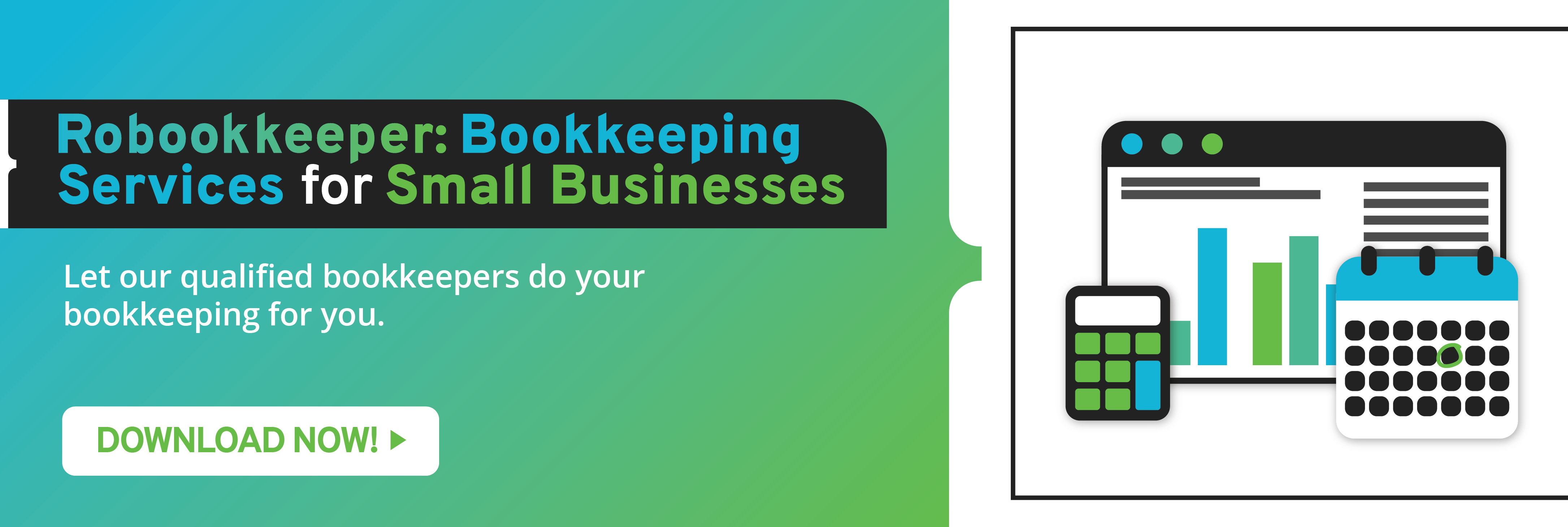Your company will have recurring costs you need to make room in your budget for. These small business expenses may reduce your profit, if you don’t know how to manage them well. It helps to know what these fixed and variable costs are. This allows you to manage your cash flow in a way that reduces spending without sacrificing operational efficiency.
Defining Fixed Costs
A fixed cost is an expense that you need to pay regardless of the number of products you sell or services rendered. You have to set money aside to pay for these recurring costs. These are the usual fixed costs that small businesses need to know about:
- Rental Expense – this is the cost of the office space, warehouse, co-working space, storage space and others you rent. You need these to store inventory and for a place for your employees to work in.
- Depreciation – this is the decline of the value of an asset. This includes office or warehouse equipment you invested in. These items’ value will go down to 0 over the years you’ve used them.
- Utilities – these fixed costs include Internet connection, water, electricity, and others related to the spaces you rented.
- Insurance – this covers tenured employees, insurance for the spaces you rented and other similar aspects of your small business.
- Amortization – this refers to an intangible asset’s cost over time.
Knowing these fixed small business expenses gives you an idea about the amount you need to make a budget for. This enables you to allocate your company’s resources effectively. It is possible to reduce some of the fixed expenses of your company, but you have to make sacrifices. You might have to move to a smaller and less expensive office.
Identifying Variable Costs
Other than fixed costs, you also have to identify variable company expenses. Your small business’ sales numbers have a direct impact on variable costs. Cash flow fluctuations may arise because of seasonal demand and changing variable costs. This accounts for the price of materials to make the products you sell and labor costs. Some of the variable costs you need to know include:
- Materials – these are the raw materials needed to produce the product you sell to your customers. The prices of these may change because of inflation, government subsidies, taxes or intervention in certain industries, demand and others.
- Commissions – if your salesforce has a commission per sale other than their salary, this is an additional cost you have to factor into your budgeting.
- Production and Labor – other than raw materials, you also have to consider the variable costs of production and labor. These include the workers and machinery that make the products you sell.
- Maintenance – if you invested in equipment for production, you have to maintain them so that they’ll function at an optimum level throughout their useful life. Maintenance costs vary depending on the extent of use and damage incurred over time.
- Card Fees – offering different payment options incurs additional fees that add to your costs.
Fixed and variable costs are small business expenses you have to factor into when calculating your company’s budget and cash flow. Knowing the costs of running your growing business allows you to make strategic decisions.
We at Robookkeeper can lessen your workload by offering you first-rate outsourced accounting services. We connect you with an experienced and reliable virtual bookkeeping team. Send us your accounting books and we’ll update them for you.



